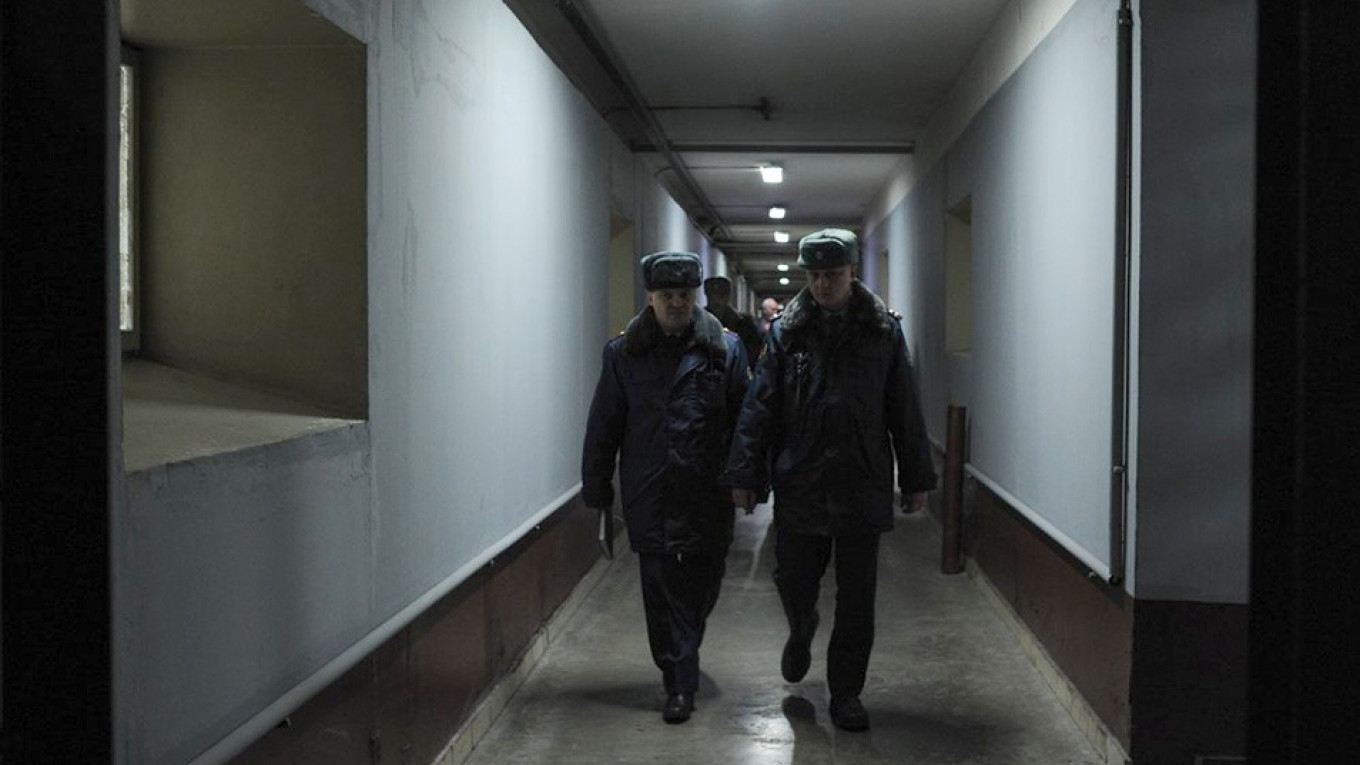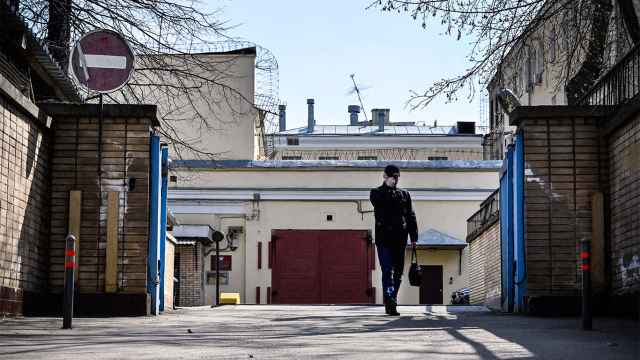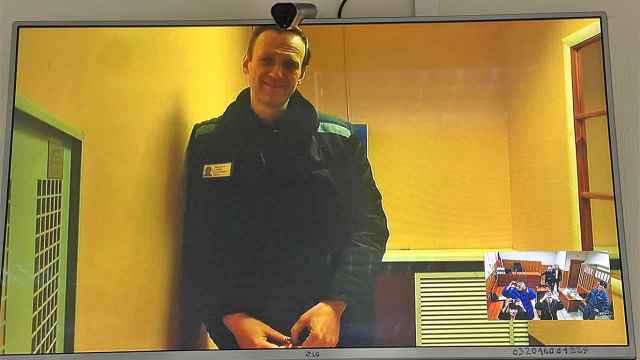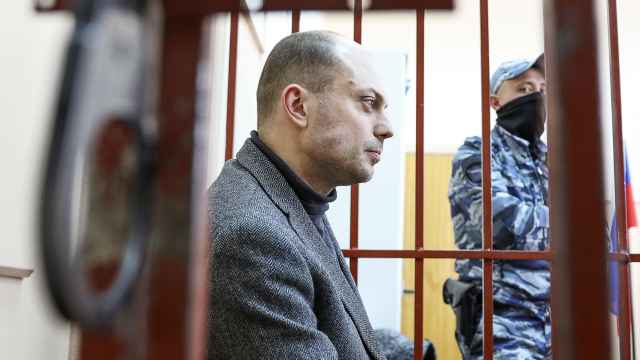A prominent Russian human rights lawyer reported Tuesday that a massive HIV outbreak had broken at a prison in the Yaroslavl region — a claim that has since been denied by federal prison officials.
Last week, the World Health Organization warned that Russia risks developing an out-of-control HIV epidemic after data showed a record number of new cases last year. Russian prisons have in the past been scrutinized for their treatment of HIV patients, with reports from the Prosecutor General’s Office in 2016 saying that prisoners do not receive the medications needed to treat HIV and hepatitis.
Irina Biryukova, a lawyer working for the Public Verdict human rights group, wrote in a post on her Facebook page Tuesday that around 150 prisoners are believed to have contracted HIV over the past month and a half at a penal colony in Yaroslavl, based on reports from family members of the prisoners.
“Right now, information is coming in from various sources, including relatives and friends of convicts from the IK-2 Penal Colony,” Biryukova said.
According to the lawyer, Russia’s Federal Penitentiary Service (FSIN) has launched an investigation into the outbreak and a criminal case has been opened against the former head of the prison.
The press service of the local FSIN branch on Tuesday dismissed Biryukova’s story, telling local media that the reports were “untrue.”
The local penitentiary service also stressed that all prisoners have to pass mandatory tests for HIV upon their admission and release from the colony.
The Public Verdict Foundation was established in February 2004 as a non-profit, non-partisan organization offering legal assistance to victims of human rights abuse at the hands of law enforcement officers in Russia.
A Message from The Moscow Times:
Dear readers,
We are facing unprecedented challenges. Russia's Prosecutor General's Office has designated The Moscow Times as an "undesirable" organization, criminalizing our work and putting our staff at risk of prosecution. This follows our earlier unjust labeling as a "foreign agent."
These actions are direct attempts to silence independent journalism in Russia. The authorities claim our work "discredits the decisions of the Russian leadership." We see things differently: we strive to provide accurate, unbiased reporting on Russia.
We, the journalists of The Moscow Times, refuse to be silenced. But to continue our work, we need your help.
Your support, no matter how small, makes a world of difference. If you can, please support us monthly starting from just $2. It's quick to set up, and every contribution makes a significant impact.
By supporting The Moscow Times, you're defending open, independent journalism in the face of repression. Thank you for standing with us.
Remind me later.






